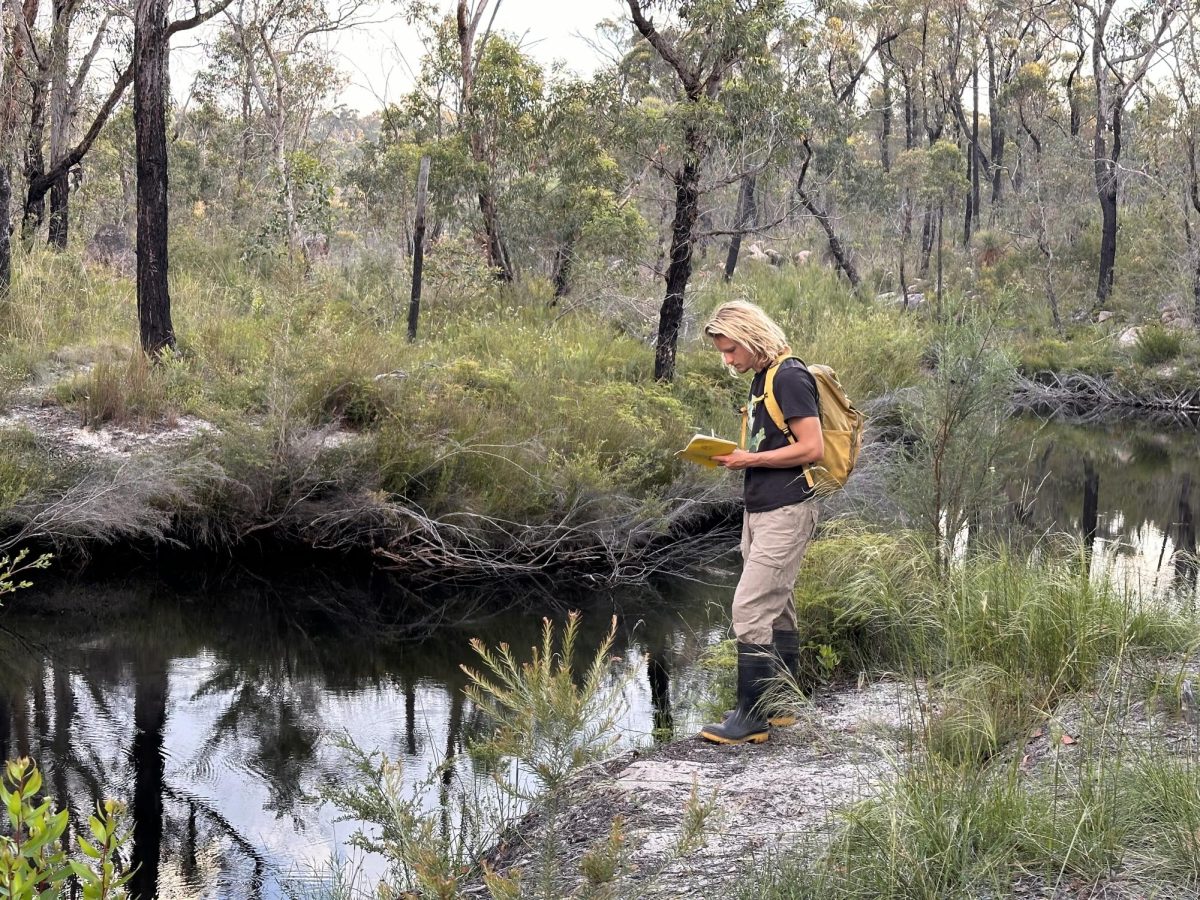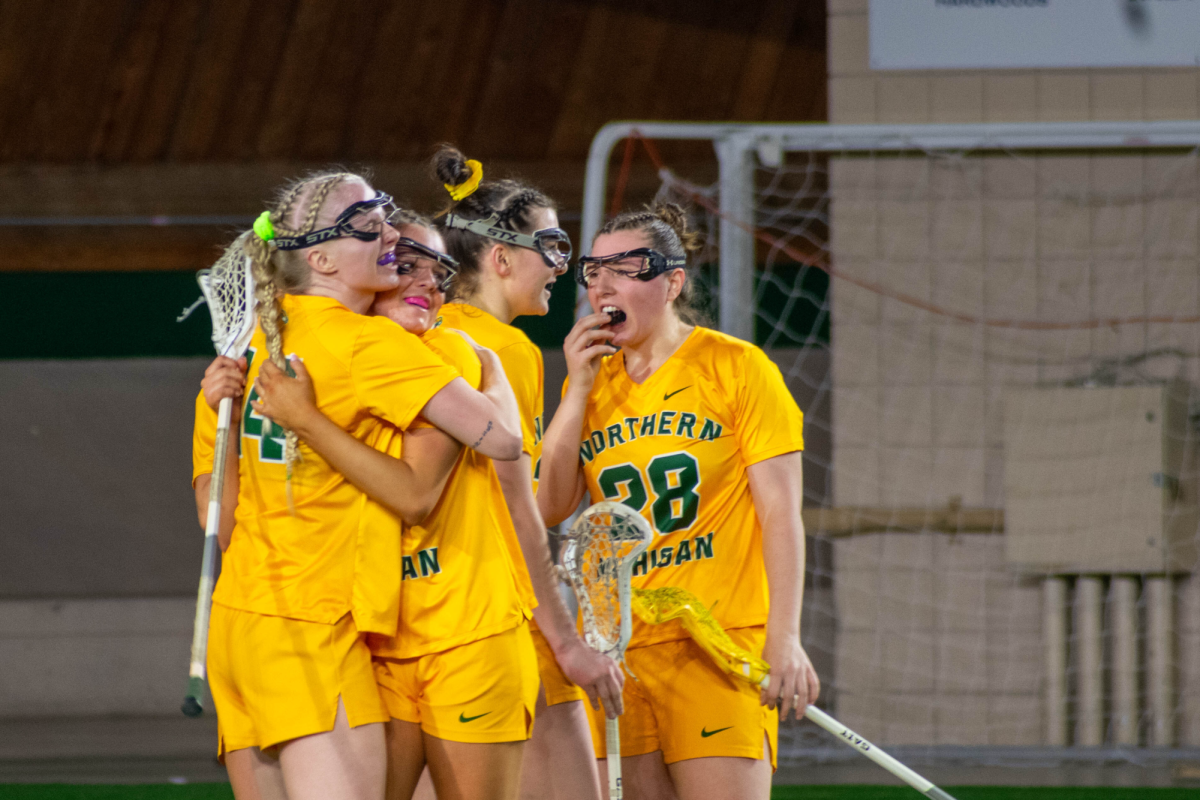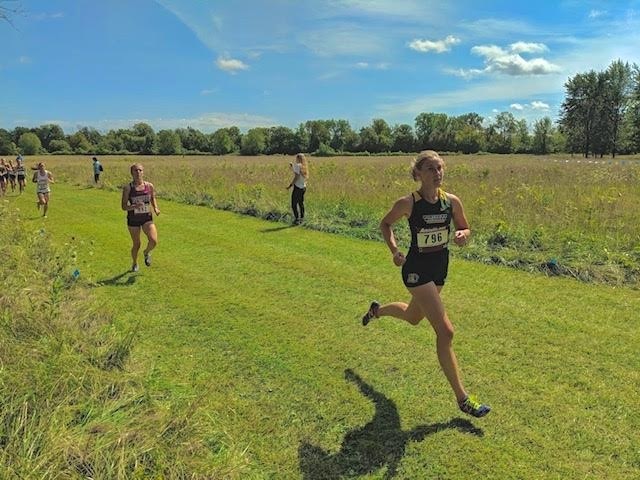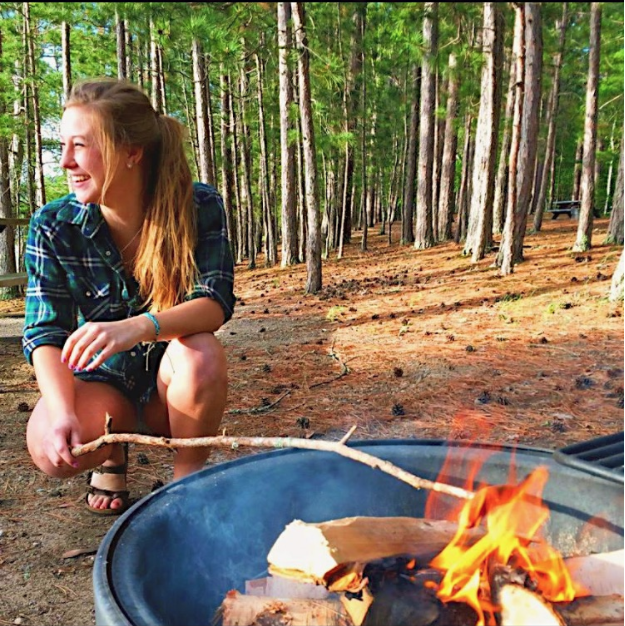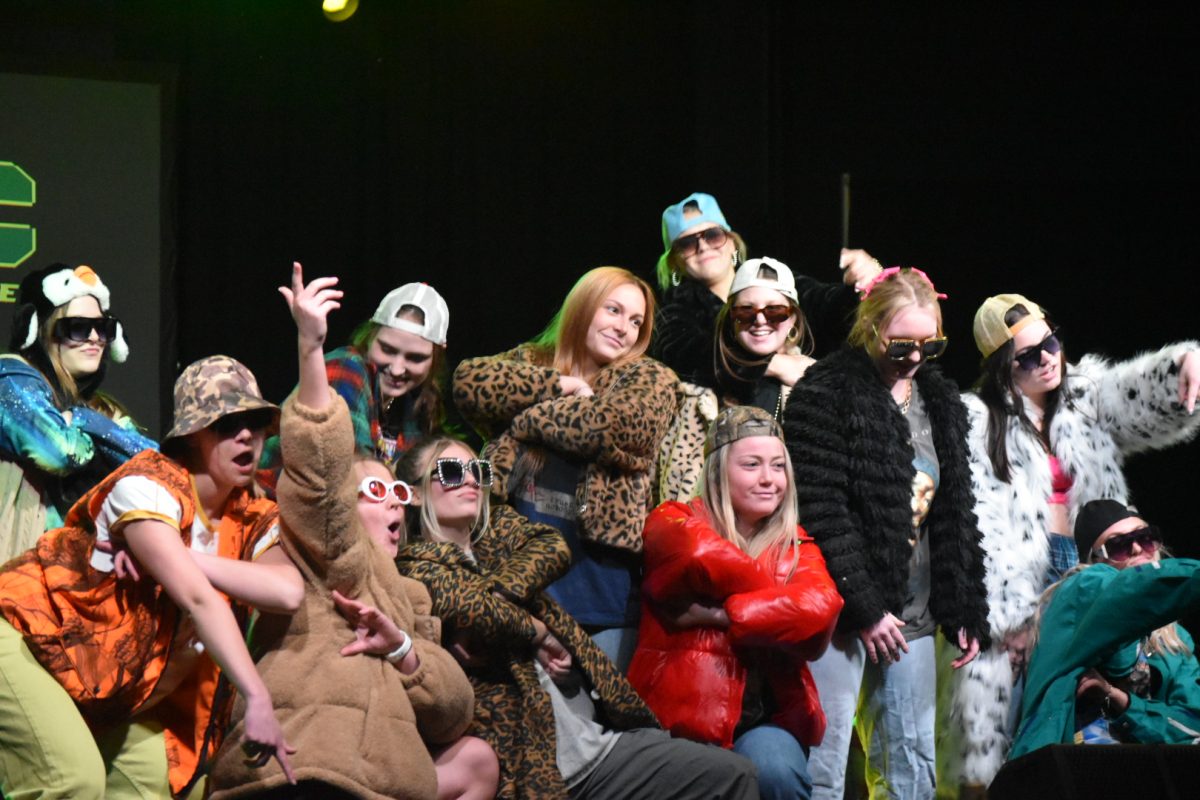Rats, chipmunks and squirrels are small creatures that surround us frequently, and we seldom wonder whether they will be there in the future. However, with climate change becoming a focal concern, will they be?
Biology graduate student Katie Nehiba, 24, is studying small mammals like these by looking at the current geographic distributions of these animals, and creating predictions in whether the animals will be distributed in certain areas. Environmental factors such as precipitation and temperature across the landscape will affect populations in the future.
“Climate change is something that’s affecting all living organisms on the planet, including humans, and being able to see how climate change affects those living things is really relevant in our society today,” Nehiba said.
Instead of going out into the field, Nehiba is researching animals that were collected over decades, now located in museum archives. Nehiba hopes that her research will help with the conservation of species in the future by studying their patterns, she said.
Her thesis, titled “Phylogenetic Influence on Climate-Driven Range Shifts in North American Small Mammals,” which she started in fall 2016, will be presented in a seminar in May or June, Nehiba said. She is enthusiastic about being able to educate the public about climate change during her seminar because the time in “believing” in climate change is over, and the time to accept the science and learn from it is now, she said.
“People say they believe in climate change, but at this point, the science is there,” she said.
During her undergraduate senior year working toward her zoology degree, Nehiba began working with her adviser, Kurt Galbreath, in his genetic research lab, which piqued her interest in evolutionary science.
“I’ve always thought climate change was a really important issue, and being able to combine those two topics working with [Galbreath] was cool for me because I’m really interested in both of those things,” Nehiba said.
When Galbreath met Nehiba, he said it struck him how genuinely interested she was in evolutionary history, and it was rewarding and exciting to see such a great interest in learning.
Although she doesn’t work directly with undergraduate students, she is still a positive role model in his lab, encourages the students in their endeavors and is inspiring to younger students, he said.
“She’s always been positive, motivated and persistent, and these are all key characteristics that are necessary for doing science,” Galbreath said.
Nehiba’s independence and ability to learn skills on her own for her research motivated Galbreath to improve his own skills, Galbreath said. The work she is doing is novel and timely, he said, because the rapid environmental shift currently taking place will have important effects in the ecological communities that humans rely on, which starts with these small animals.
“[Nehiba] is not going to have all of the answers with her research, but she is contributing to a much larger effort to anticipate the impacts that we’re having, and I think that that’s important,” Galbreath said. “I hope that people will respect and honor her contribution, and she’s really such a great person.”














